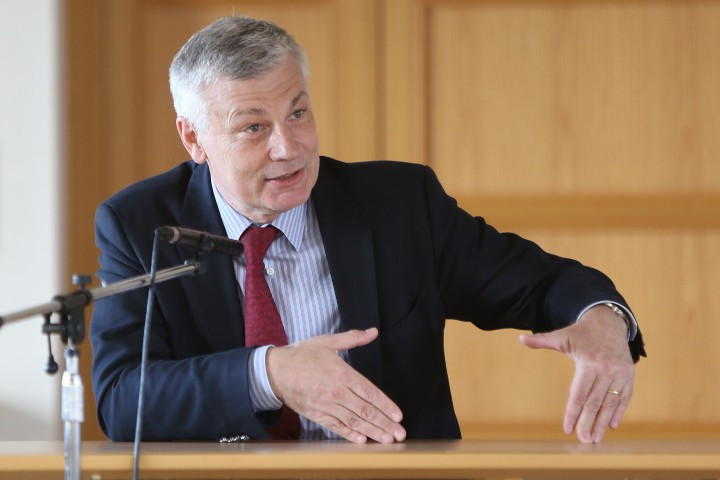On Monday 4 December, Wiseler argued that the different ministers were already catering to their own electorates and did not coordinate their positions anymore.
Ten months before the elections, the fundamental differences between the parties were coming back to light. During the parliamentary debate on the Rifkin process (which sets out an economic model for the future of the grand duchy), Wiseler was surprised at the openly divergent opinions of the green minister for sustainable development François Bausch and LSAP minister for the economy Etienne Schneider. Schneider wanted to get as many companies as possible into the country, while Bausch questioned the current economic growth model.
Wiseler also mentioned the debates on teleworking, the burka discussion, the reform of the stock options and on raising the minimum wage. While current LSAP employment minister Nicolas Schmit had pronounced himself open to such a raise, Eugène Berger, head of the DP parliamentary group, has categorically dismissed it.
On issues related to mobility, Schneider brandished the idea of teleworking as a major solution, while Bausch wants to encourage businesses to open along the borders.
Wiseler said prime minister Xavier Bettel was totally absent from these important issues and that he did not even try to forge unity within his government anymore.
The government had no clear project anymore, no common objectives and the next 10 months would just be wasted time, the CSV candidate criticised. The three parties were just pandering to their electorate without talking to their coalition partners--“this government is over”, Wiseler said.
